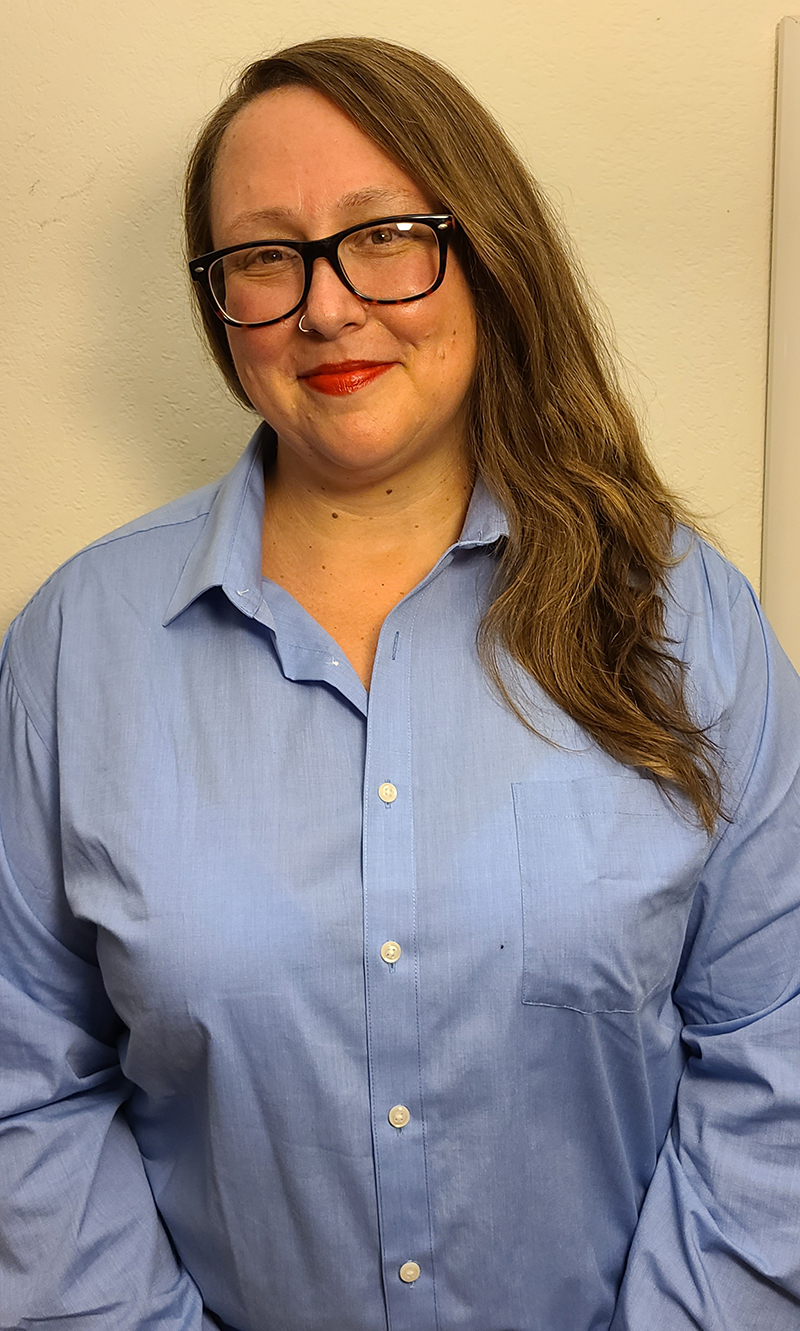Q&A with Sarah Firestein
 Landmark College is pleased to introduce Sarah Firestein as the learning specialist at our new Success Center located in the California Bay Area. Sarah brings more than 22 years of experience in the fields of social services and education and holds an M.S. in Special Education from the City College of New York. Additionally, Sarah also has been trained in the Reading Revolution Methodology, which is a dynamic, multisensory reading program for students with dyslexia and ADHD.
Landmark College is pleased to introduce Sarah Firestein as the learning specialist at our new Success Center located in the California Bay Area. Sarah brings more than 22 years of experience in the fields of social services and education and holds an M.S. in Special Education from the City College of New York. Additionally, Sarah also has been trained in the Reading Revolution Methodology, which is a dynamic, multisensory reading program for students with dyslexia and ADHD.
Sarah began her career in in the New York City public school system, where over a period of 10 years she encountered students with a wide range of learning differences. That led her to attend one of Landmark College’s Professional Visit Days in 2011, following which she began tapping into the professional development resources available from the Landmark College Institute for Research & Training (LCIRT).
A native of the California bay area, Sarah returned to the West Coast in 2017 to be a learning specialist for an independent school based in San Francisco. Most recently, she has been helping to manage the clinical fieldwork portion for new educator candidates to the field of special education who are seeking their master’s degree and teaching credential at California State University East Bay (CSUEB).
In her down time, Sarah enjoys spending time with her friends and family, being around animals, seeing live music and theater, and taking scenic drives. She says one of her future goals is to help organize a synchronized swimming club for adults in her local area; however, she wouldn’t shy away from innertube water polo in the meantime.
Your career path seems to have been very intentionally directed toward working with students who learn differently. What is it about working with this population that you find satisfying?
Initially, I was drawn based on my concern about equity. The students I encountered were being overlooked or misunderstood in their school settings. Through working with these students, I have gained a more nuanced understanding of inclusion and accessibility. That drives my own advocacy as well as my efforts to support self-advocacy for others. I love working alongside students as they come to understand and honor their own style of learning. Through this work I continue to expand my understanding of everyone’s uniqueness, and this fuels my passion to keep working and learning more about how individuals learn and what helps them be successful in their endeavors.
What was it like for you to discover Landmark College and its resources during those earlier stages of working in special education?
Having that opportunity was foundational. It provided research-backed frameworks to better understand neurodiversity along with a blend of practical strategies that I could begin implementing with my students immediately. This included active reading strategies, creating effective scaffolds for the writing process, and supporting executive function. Having exposure to both the evidence-based strategies and larger understanding of learning also impacted my approach to designing curriculum and developing my classroom space, and encouraged me to begin exploring assistive technologies. My contact with and training from LCIRT helped me to directly support and consult with my colleagues, both on an individual basis and departmentally, to continue growing their craft and revising their design for learning.
How do you envision the Success Center being a resource for families in the California Bay Area?
The Success Center is a place to connect with Landmark College trained experts to help students and their families:
- navigate current or upcoming transition periods within the educational landscape and the work force
- understand accommodations and how to personalize them to the individual needs of a student
- support self-awareness and self-exploration related to study skills and executive function strategies to meet task specific needs
- promote self-advocacy skills
Tell us more about your approach to working with students. How would you describe your “style?”
My style could be described as a curiosity-driven thought partner, who primarily uses a non-directive coaching approach that is aligned with Landmark College’s research-backed pedagogical practices. Identifying strengths and areas of challenge to drive the co-determination of goals is another aspect of my style, which also informs how I thoughtfully select strategies and techniques to share.
In your capacity as the learning specialist, paint us a word picture of what “success” looks like to you?
Success would mean students and families feeling seen, heard, and supported with an individually curated set of supports, and feeling well-versed in how and when to use them based on the student’s diagnosis and personality.
To learn more about the Landmark College Success Center in San Mateo, California, contact:
Sarah Firestein, learning specialist, at [email protected]
Sandra Fishler, regional director for online programs, Bay Area, at [email protected]